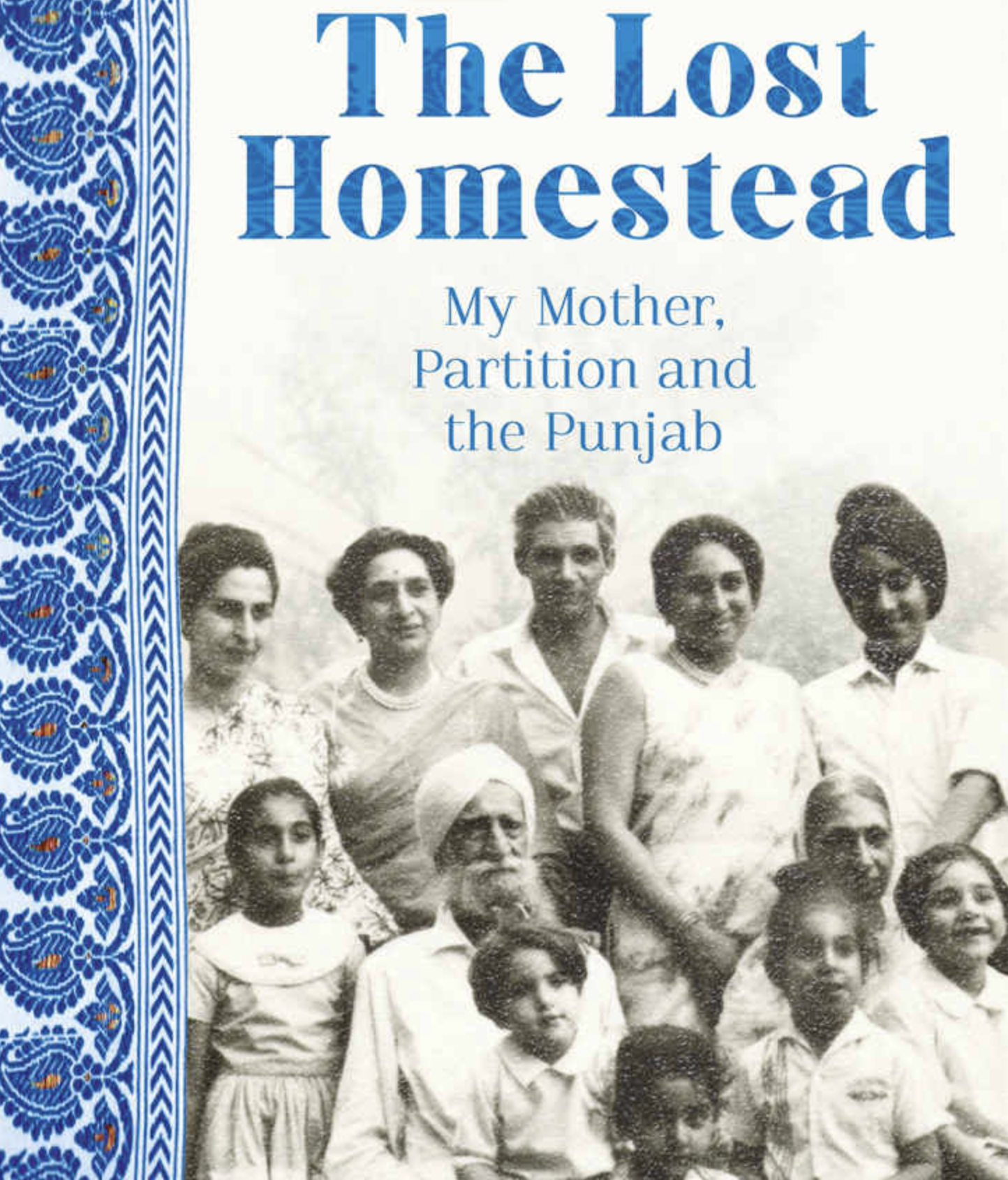
Memory and identity


Marina Wheeler, an Anglo-Indian with roots in what is now Pakistan, distills the fraility of human condition and reveals her mother’s story of loss and new beginnings, personal and political freedom in an inspiring portrayal of how a woman made her own world as nations and empire were made and dismantled. The historical drama centred on the end of British rule in India released in 2017 marking 70 years since Indian independence.
On 3rd June 1947, an British India descended into chaos, its divisions into two states was announced, as for months the violence and civil unrest escalated with millions including Marina Wheeler’s mother Dip Singh, born in Sargodha, West of Lahore, once part of British India but now in Pakistan and her Sikh family were forced to flee their home in 1962, never to return.
We follow Dip when she marries Marina’s English father and leave India for good, to Berlin, then a divided city, and to Washington DC where the fight for civil rights embraced the ideals of Mahatma Gandhi.
The Lost Homestead also highlights the political changes, religious extremism, migration, minorities, nationhood, identity, belonging, and coming to terms with the past.
Dip’s memories of the last days of the Raj and the early years of free India are reminiscent; her father growing mulberry bushes and narcissi, of being forced to drink a localised anti-malarial potio which is foul tasting, made from bitter neem leaves in the days before in quinine, and the tragedy of her brother’s death at the age of 21. Dip made the bold decision to leave an arranged marriage which she had entered aged just 17, and years later married BBC journalist Charles Wheeler.
Wheeler, a barrister and Queen’s Counsel who specialises in public and human right’s law, presents her mother’s life in graphic details without neglecting broader narrative.
Dip’s father is said to have left several valuables behind at their Punjabi homestead as the situation deteriorated, taking only essential farm produce and ghee as the family fled to Delhi.
The enduring cost which partition inflicted on communities underlined by the descriptions of sectarian violence which gave birth to eventually three nations.
Wheeler’s narration of the detritus of empire includes the legacy of Subhas Chandra Bose, a Bengali revolutionary who sided with Naxi Germany and then Imperial Japan, but remembered in India for his armed resistance to Imperial rule.
The Lost Homestead is about memory and identity, about what we have, what we lose and what we rebuild.
The Lost Homestead: My Mother, Partition and the Punjab by Marina Wheeler, Hodder & Stoughton £25, 328 pages.
